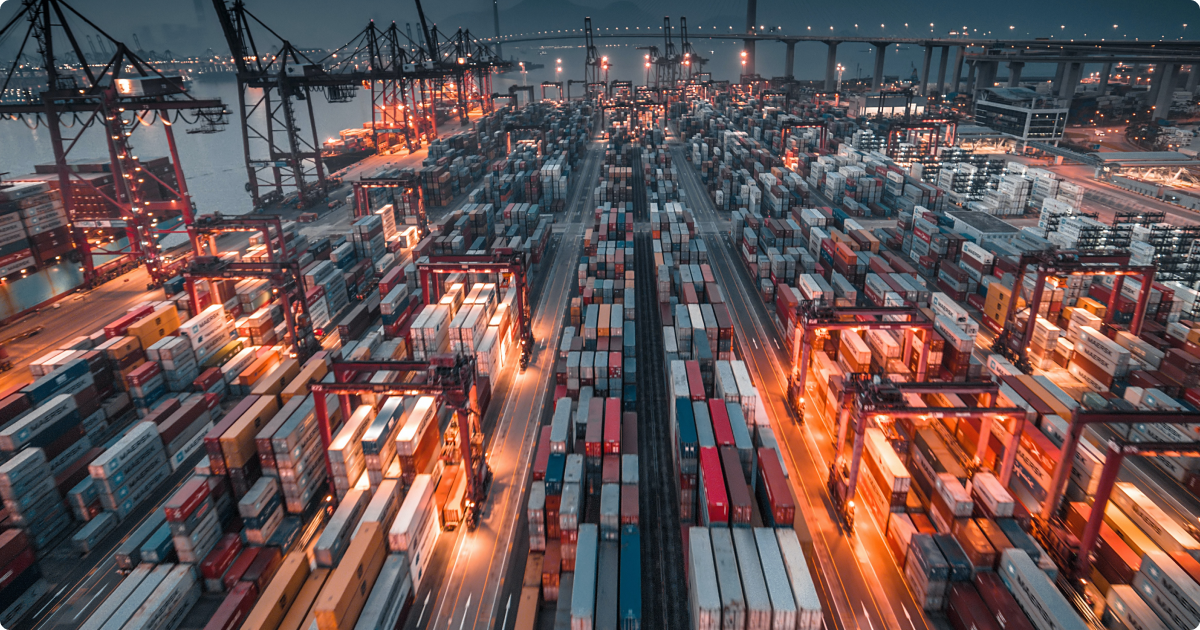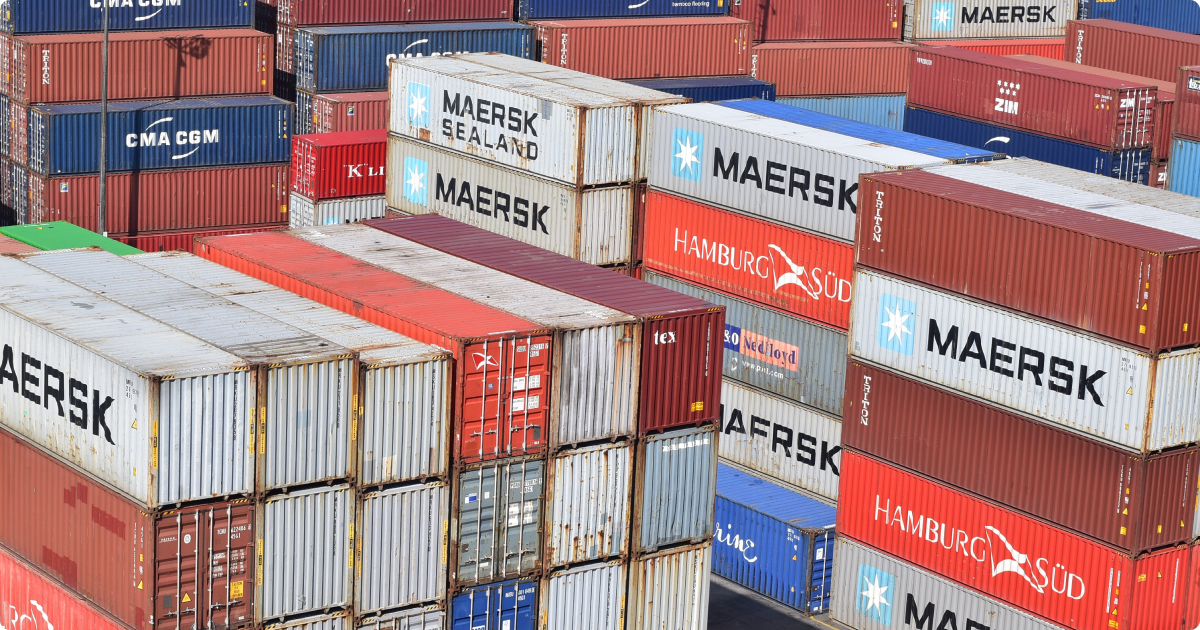International sea freight services transport goods via ships across the ocean to various destinations worldwide. This mode of transport is one of the most economical and convenient means of moving goods in bulk or large quantities. Sea freight services have been used for centuries; today, they play a vital role in international trade. In this article, we will explore what international sea freight services are, how they work, their advantages and disadvantages, and the factors to consider when choosing a sea freight service provider.
The main transport mode for global trade is ocean shipping: around 90% of traded goods are carried over the waves.

How International Sea Freight Services Work
International sea freight services involve the movement of goods via ships from one country to another. The process begins with the sender or exporter, who packages and prepares the goods for transportation. The exporter then hires a freight forwarder or a shipping company to handle the shipment of the goods.
The shipping company provides the necessary documentation, including bills of lading, customs clearance, and other necessary permits. The goods are then loaded onto the ship, which is transported across the ocean to their destination port. Once the goods arrive at the destination port, the shipping company or freight forwarder arranges for customs clearance and delivery to the final destination.
Advantages of International Sea Freight Services
Sea freight services offer several advantages, including:
- Cost-effective: Sea freight is one of the most cost-effective means of shipping goods in bulk or large quantities. The cost per cargo unit is significantly lower than air or land transport.
- Large capacity: Ships have a large capacity, making it possible to transport large quantities of goods at once. This makes sea freight services ideal for businesses that require bulk goods shipments.
- Reliable: Sea freight services are reliable and efficient. Shipping companies have set schedules for their ships, making it easier for businesses to plan their shipments.
- Suitable for various types of cargo: Sea freight services can transport various types of cargo, including perishable goods, hazardous materials, and oversized cargo.

Disadvantages of International Sea Freight Services
Despite the advantages, sea freight services also have some disadvantages, including:
- Longer transit times: Shipping goods via sea freight takes longer than air or land transport. This can be a disadvantage for businesses that require faster shipping times.
- Limited flexibility: Sea freight services have set schedules, limiting businesses' flexibility to ship goods at specific times.
- Weather conditions: Ships can be affected by adverse weather conditions, which can delay shipments and increase the risk of damage to the cargo.
- Higher insurance costs: Shipping goods via sea freight may require higher insurance costs to cover the risk of damage or loss of cargo.

Factors to Consider When Choosing an International Sea Freight Service Provider
When choosing an international sea freight service provider, businesses need to consider several factors, including:
- Cost: The cost of sea freight services varies among providers. Businesses should compare the rates of different providers and choose one that offers competitive pricing.
- Transit time: The transit time of sea freight services can vary significantly. Businesses should choose a provider that offers a transit time that meets their shipping needs.
- Reliability: Businesses should choose a reliable sea freight service provider with a good track record of delivering goods on time.
- Coverage: Sea freight service providers may have different routes and destinations. Businesses should choose a provider that covers the destinations they need to ship goods.
- Customer service: Good customer service is essential when choosing a sea freight service provider. Businesses should select a provider that offers excellent customer service and is responsive to their needs.

Difference Between International and Domestic Freight Services
Freight forwarding is an essential service in the transportation industry that facilitates the movement of goods from one location to another. Freight forwarding companies act as intermediaries between shippers and carriers, coordinating the logistics of transporting goods by air, sea, or land. There are two types of freight forwarding services: international and domestic. While both types of services share some similarities, they also have several key differences.

International freight forwarding involves the transportation of goods across international borders. This type of forwarding requires compliance with complex international regulations and documentation, including customs clearance, tariffs, and taxes. International freight forwarding also involves more complex logistics planning, as shipments must be coordinated across different countries and time zones. Freight forwarders specializing in international shipping know international trade laws, tariffs, and regulations and have established relationships with carriers and customs officials in various countries.

On the other hand, domestic freight forwarding involves transporting goods within a country's borders. While domestic freight forwarding still involves logistics planning, it does not require compliance with international trade regulations or customs clearance. Domestic freight forwarding is generally less complex than international forwarding but still involves transportation and logistics planning expertise. Freight forwarders specializing in domestic shipping know local regulations and carrier networks within their country.
Another key difference between international and domestic freight forwarding is the mode of transportation used. International freight forwarding often involves multiple modes of transportation, such as air, sea, and land, as goods must be transported across different countries and regions. On the other hand, domestic freight forwarding is typically limited to one mode of transportation, such as trucking or rail transport.
In summary, while international and domestic freight forwarding shares some similarities, several key differences exist. International freight forwarding involves compliance with complex international regulations and coordination across countries and time zones. In contrast, domestic freight forwarding is generally less complex and limited to one mode of transportation. Both types of freight forwarding require expertise in logistics planning and transportation, and freight forwarders who specialize in either type of forwarding provide essential services to businesses worldwide.
Conclusion
All in all, international sea freight services have been used for centuries and remain an efficient and cost-effective way to move goods from one country to another. However, it is vital for those planning or considering using international sea freight services to consider factors such as transit times, costs, service levels, and package size before deciding.
Additionally, finding the right sea freight service provider can make the process easier by providing quality customer service and expert support throughout shipping. Ultimately, these services may be the perfect solution for those looking for an economical way to transport their cargo across the ocean.
To learn more about international sea freight and keep up with related news and services provided by Agemarin, be sure to follow them today!